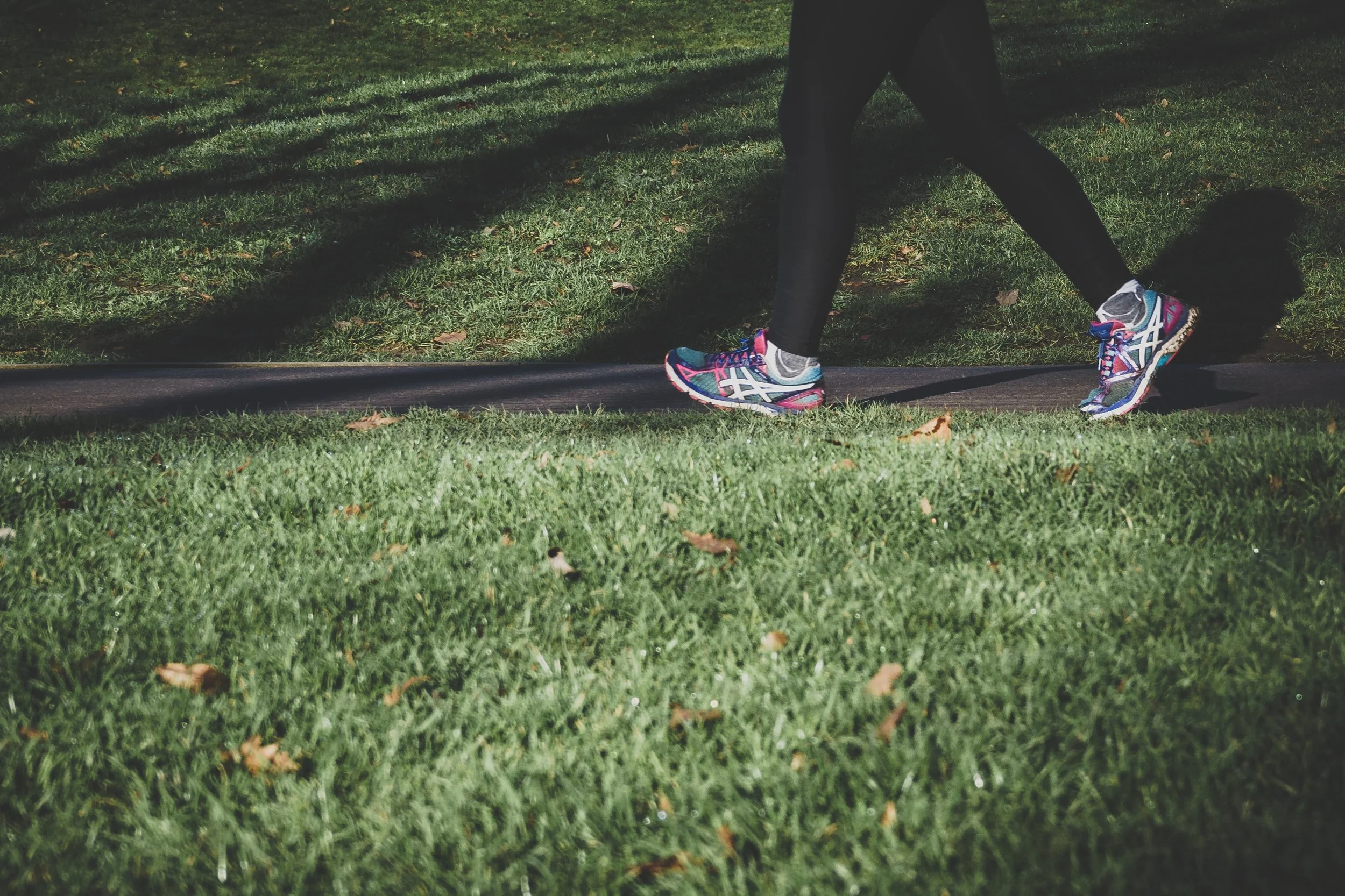Want to Improve Your Mental Health? Move Your Body!
It’s no secret that physical activity is great for both your physical and mental health. Exercise releases endorphins, which make us feel good - leading to improved moods and reducing stress levels. Unfortunately, as we get busier with work and family obligations it can be hard to find the time (or motivation) to exercise regularly. That's why it’s important that you take some time out of your weekly schedule for purposeful physical movement – whether it’s a fun group class at the gym or simply going for a walk around the neighborhood – because there are real benefits when it comes to improving your overall mental health! In this blog post, we'll discuss the importance of having regular bouts of physical activity in order to experience these positive effects on our minds.
Understanding the importance of physical movement and its impact on mental health
Physical movement is not just essential for maintaining a fit body, but it also plays a crucial role in keeping our minds healthy. Regular exercise has been shown to reduce stress, anxiety, and depression, all of which can potentially have a detrimental impact on our mental health. Engaging in physical activities such as jogging, cycling, or playing a sport not only release feel-good endorphins but also improve our ability to regulate our emotions and cope with daily stressors. Understanding the significance of physical movement and its influence on our mental health is crucial for leading a healthy and fulfilling life. Incorporating exercise into our daily routine can help reduce the risk of mental illnesses and enhance our overall well-being.
Identifying types of physical activities that can help improve your overall mental well-being
Maintaining good mental health is essential to living a balanced and fulfilling life. While many people turn to activities such as meditation and therapy to improve their mental well-being, there are also a variety of physical activities that can help. For instance, aerobic exercises like running and cycling can increase blood flow to the brain and release endorphins that promote feelings of happiness and relaxation. Additionally, activities that require focused attention and balance, such as yoga or tai chi, can provide a sense of calm and improve cognitive function. Ultimately, finding physical activities that you enjoy and incorporating them into your routine can be a powerful way to boost your mood, reduce stress, and improve your overall mental well-being.
Setting achievable goals to form a healthy routine with physical activity
In today's fast-paced world, setting achievable goals that promote physical fitness is more important than ever. Not only does regular exercise keep your body in shape, it also benefits your mental health by alleviating stress and anxiety. The key to establishing a healthy routine that incorporates physical activity is to start small and gradually increase the intensity and duration of your workouts. Whether it's taking a daily walk around the neighborhood or signing up for a group fitness class, find an activity that you enjoy so that it becomes a regular part of your routine. By setting achievable goals for yourself, you can form healthy habits that will benefit both your body and mind in the long run.
Exploring the links between physical exercise and improved moods and sleep patterns
Physical exercise has always been an important part of maintaining a healthy lifestyle. However, in recent years, studies have been conducted to explore the links between exercise and mental health. The results have been astounding: regular physical activity has been linked to improved mood and sleep patterns. This is because exercising releases endorphins, which are natural mood boosters, while also reducing stress levels and anxiety. Additionally, getting enough exercise can help regulate the body's internal clock, leading to a better sleeping pattern. These findings are significant because they demonstrate the power of physical exercise not only in improving one's physical health but also in boosting mental well-being.
Establishing boundaries around exercise to prevent burnout or fatigue
Exercise is a crucial component of our physical and mental well-being, but going too hard too often can lead to burnout or fatigue. That's why it's important to establish boundaries around our exercise routines to ensure that we don't overdo it and risk doing more harm than good. Setting realistic goals, taking enough rest days, and listening to our bodies are all ways to establish healthy exercise boundaries. By doing so, we can maintain a sustainable and enjoyable fitness routine that benefits us in the long run. Remember, it's not about working out harder or longer, it's about finding a healthy balance that works for you.
Physical exercise is essential for maintaining our mental health and wellbeing. It can provide us with an escape from negativity, improve our moods and sleep patterns, and cultivate a positive attitude in life. Whether it’s partaking in traditional forms of exercise like running or yoga, engaging in sports activities like soccer or badminton, or enjoying recreational activities such as walking around the park or dancing to your favorite song; physical movement should be embraced to achieve maximum benefits. Building healthy routines with achievable goals and recognizing when to draw boundaries will ensure that we can sustainably engage in physical activity without any health risks. While different cultures may view physical activity differently, there is a universal agreement that this form of movement is critical for all individuals who strive to maintain a balanced lifestyle. So now that you have taken the time to examine the importance of physical wellness, what can you do to incorporate physical movement into your daily routine?
If you would like to seek therapy, please click the button below for a free 20-minute consultation.

